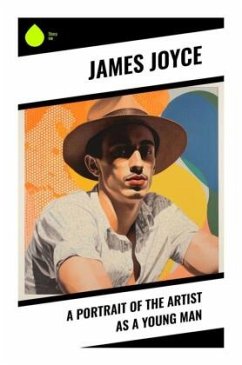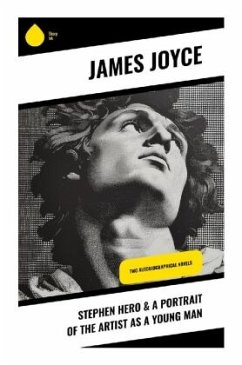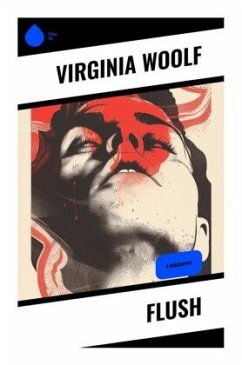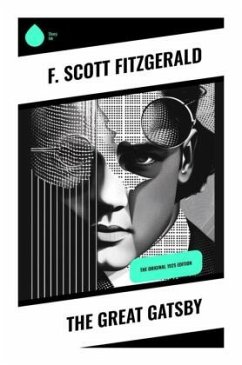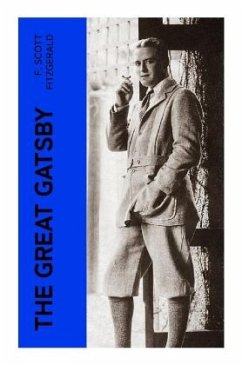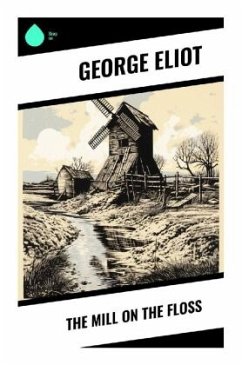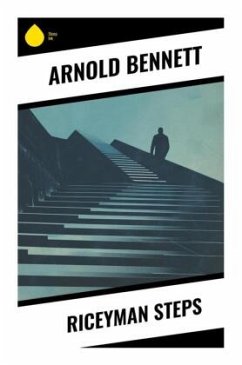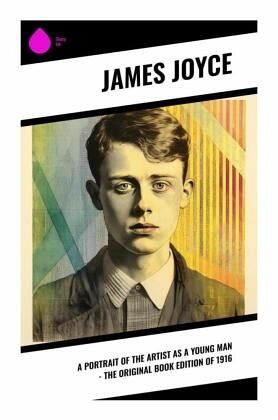
A Portrait of the Artist as a Young Man - The Original Book Edition of 1916
Versandkostenfrei!
Versandfertig in 6-10 Tagen
11,60 €
inkl. MwSt.
Weitere Ausgaben:

PAYBACK Punkte
0 °P sammeln!
In "A Portrait of the Artist as a Young Man," originally published in 1916, James Joyce delves into the formative years of Stephen Dedalus, a semi-autobiographical character representing the author's own intellectual and artistic development. The novel employs a stream-of-consciousness narrative style, which immerses readers in Stephen's evolving perceptions and internal struggles against the confines of nationality, religion, and familial expectation. Joyce's innovative use of language and modernist techniques reflects the sociopolitical backdrop of early 20th-century Ireland, providing profo...
In "A Portrait of the Artist as a Young Man," originally published in 1916, James Joyce delves into the formative years of Stephen Dedalus, a semi-autobiographical character representing the author's own intellectual and artistic development. The novel employs a stream-of-consciousness narrative style, which immerses readers in Stephen's evolving perceptions and internal struggles against the confines of nationality, religion, and familial expectation. Joyce's innovative use of language and modernist techniques reflects the sociopolitical backdrop of early 20th-century Ireland, providing profound insights into the quest for personal and artistic identity. James Joyce, a key figure in modernist literature, was profoundly influenced by his own experiences of cultural oppression in Dublin. His extensive education and exposure to the artistic circles of Europe, coupled with a staunch rebellion against conventional norms, informed his desire to articulate the complexities of growing up as an artist. Joyce's life of exile from his native land further fueled his reflections on identity and belonging, themes that resonate in this narrative. "A Portrait of the Artist as a Young Man" is essential reading for anyone interested in the intersections of art and identity. Joyce's innovative narrative style and philosophical exploration invite readers to contemplate their own journeys of self-discovery. This novel remains a cornerstone of literary modernism, inviting readers to reflect on the radical notion of individuality.




